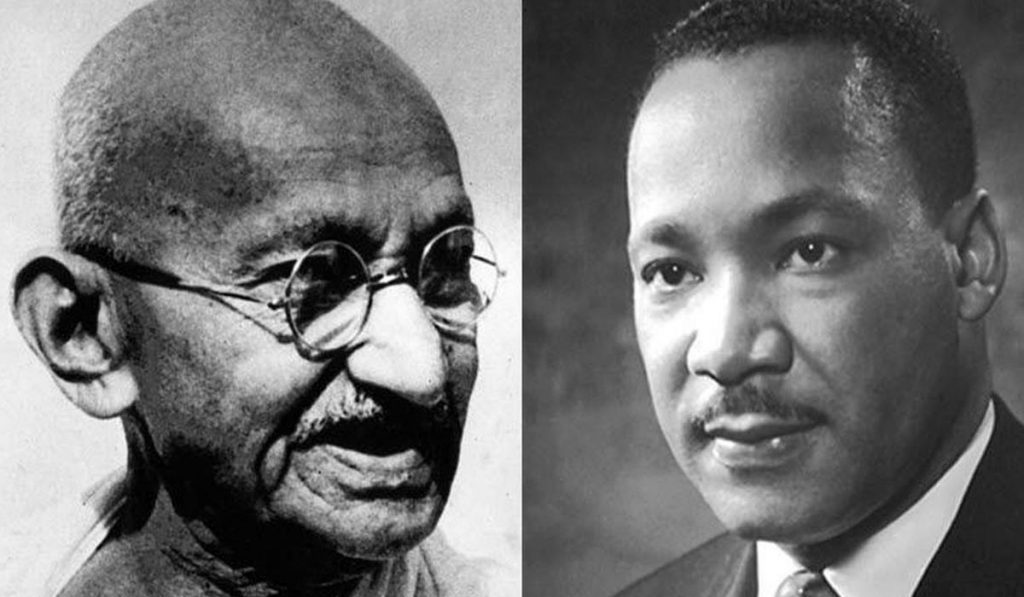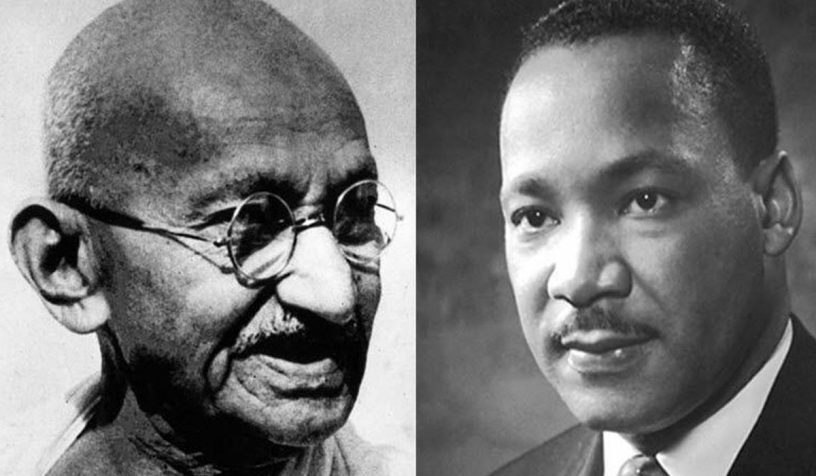
King’s recognition of Mahatma Gandhi’s legacy of non-violence helped him in his campaigns for integration and voting rights, says the author.
Authors:
Ramin Jahanbegloo, Professor & Vice Dean and Executive Director, Mahatma Gandhi Centre for Peace Studies, O.P. Jindal Global University, Sonipat, Haryana, India.
Summary:
The protests which followed the death of Black citizens killed by White police officers in the United States show us clearly that the question of non-violent democratic theory is on the table as it was 60 years ago. Martin Luther King, Jr. was well aware of this issue when he became the most important leader of America’s Civil Rights Movement of the 1950s and 1960s.
King’s recognition of Mahatma Gandhi’s legacy of non-violence helped him in his campaigns for integration and voting rights, while guiding him to democratize the American democracy and re-evaluate the two concepts of ‘individual’ and ‘community’.
Published in: Philosophy & Social Criticism
To read the full article, please click here


